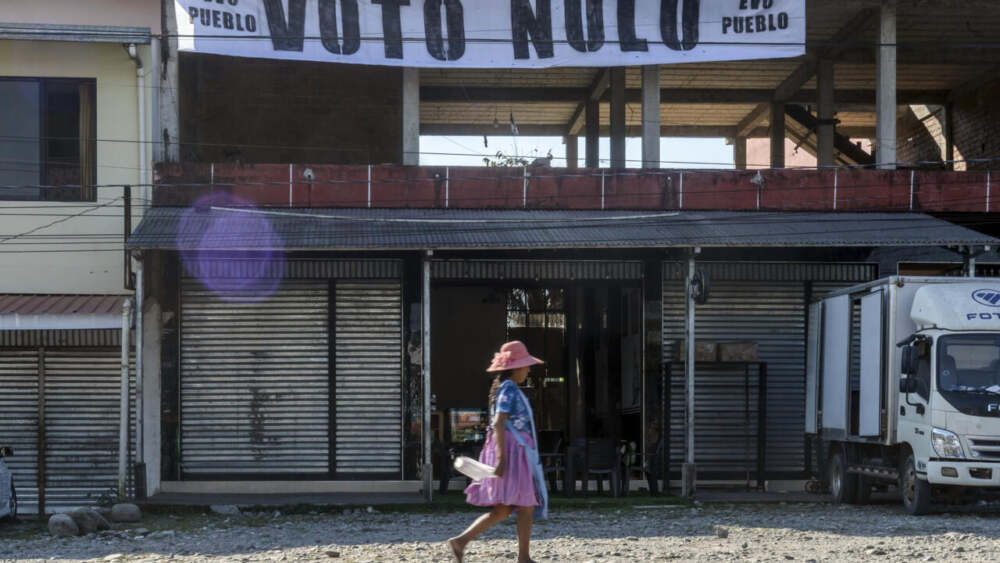As Bolivia prepares for its presidential election on August 17, 2025, the political landscape has taken an unusual turn. Former President Evo Morales, barred from running due to constitutional limits, is encouraging voters to cast “nulo” ballots—essentially invalid votes—as a form of protest against the current administration.
Morales’ call for null votes has gained traction, especially among his supporters in traditional strongholds like the Chapare region. Campaign materials featuring Morales’ image have appeared across cities such as El Alto, urging voters to invalidate their ballots in solidarity with the former leader. This movement reflects growing public frustration with the political system and a desire to voice dissent despite mandatory voting laws.
The left-wing Movement for Socialism (MAS) party, founded by Morales, is facing internal divisions. Current President Luis Arce has distanced himself from Morales, while Senate President Andrónico Rodríguez, another former ally, has struggled to unify the party’s base. Many Morales supporters view Rodríguez as a betrayal, deepening rifts within the party.
Bolivia is also contending with a severe economic crisis, marked by high inflation, fuel shortages, and declining currency reserves. These challenges have weakened public confidence in the government and fueled Morales’ campaign for null votes as an outlet for dissatisfaction.
As the election approaches, the impact of Morales’ strategy remains uncertain. While null votes may not determine the winner directly, the movement highlights widespread discontent and could signal significant shifts in Bolivia’s political landscape, potentially affecting the future of MAS and the broader left-wing movement in the country.
















Leave a Reply